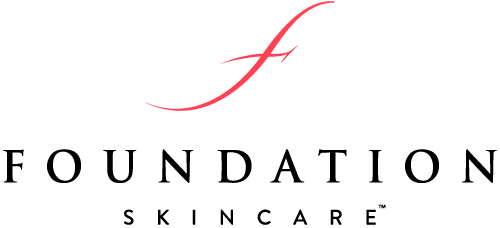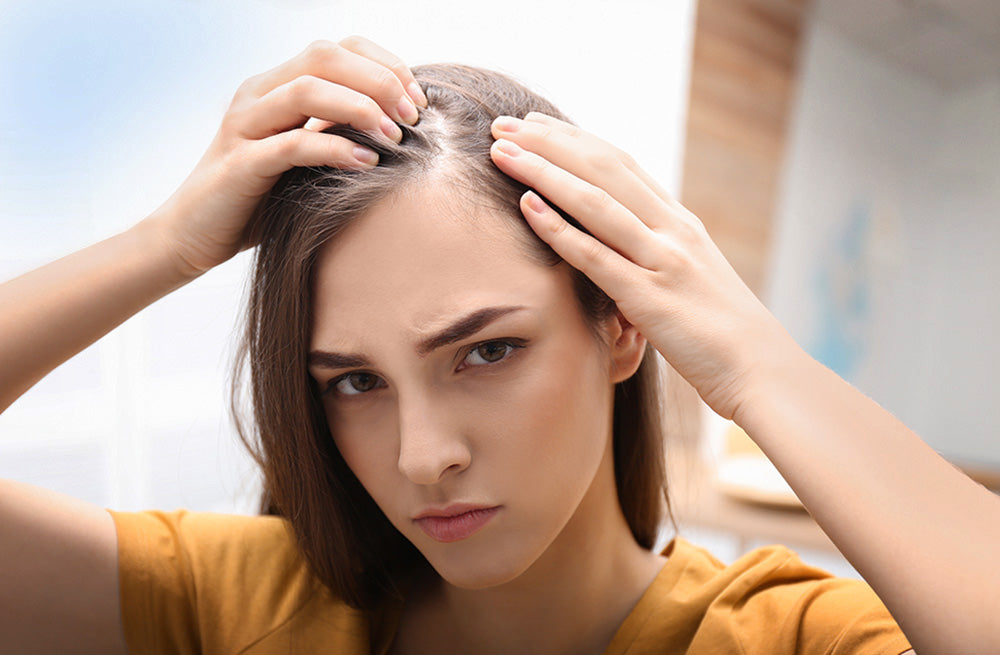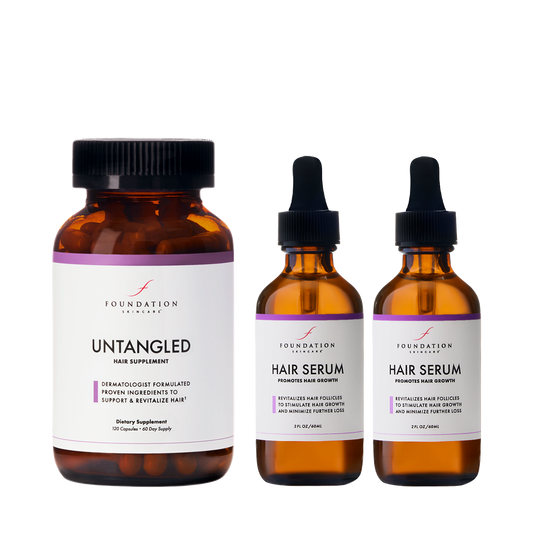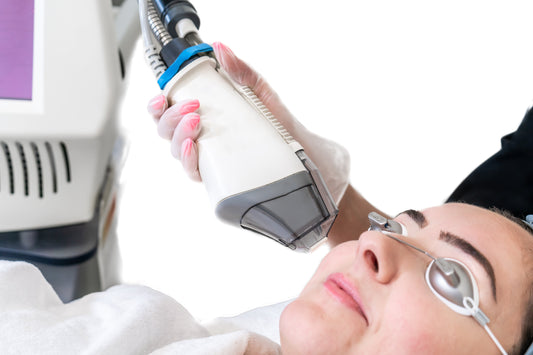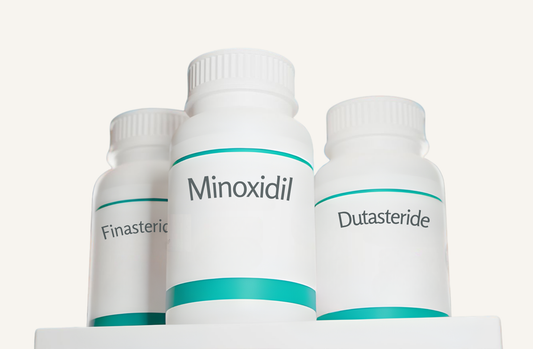Does COVID cause hair loss? As more and more people were being affected with the virus in the early stages of the pandemic, the answer became increasingly clear. Many noticed a change in their hair after contracting COVID-19, and early research has confirmed hair shedding to be a common symptom after recovering from the illness. One study even claimed approximately 60% of infected people deal with shedding.1 If you suspect you’re dealing with COVID-related hair loss, here is everything you need to know.
How COVID-19 Can Cause Hair Loss
Early research has shown that the majority of people who experience hair loss after recovering from COVID-19 appear to deal with telogen effluvium, a temporary hair shedding.2 To understand this condition, it’s important to know about the three cycles of hair growth and loss. Anagen is the growth stage, and in normal circumstances around 80% to 90% of the hair follicles are in this stage at any point in time. Then there is catagen, the resting phase where hair stops growing, and then the telogen phase, where the hair eventually sheds.
With telogen effluvium, a trigger forces an unusually large amount of follicles to prematurely enter into the telogen phase.3 As a result, you’ll experience an increase in hair shedding. Some of the most common triggers include a stressful event, major surgery, and illness (such as COVID-19).
In most cases, people will notice hair shedding starting approximately two to three months after the trigger occurs. Reports revealed that the median time for people experiencing telogen effluvium from COVID was closer to around approximately one to two months post-illness.4,5
Note: if you notice any other symptoms (such as a rash, burning, itching, or general scalp discomfort), you may be dealing with another condition. Meet with a dermatologist who can get to the bottom of your hair loss.
COVID-19 Stress & Hair Loss
It’s also worth noting that, even if you have evaded catching the virus, it’s still possible that it can indirectly affect your hair. Lockdowns were incredibly stressful for many, and the pandemic continues to take a toll on many people’s mental wellbeing. Financial burdens, the inability to connect with people in-person, job stressors, and other factors can all increase stress – which is a major trigger for telogen effluvium.
The good news: like COVID-19, stress-related hair thinning is typically temporary.6 As long as stress is managed, it should resolve on its own, and in most cases the hair will be able to recover.
Does the COVID-19 Vaccine Affect the State of Your Hair?
Many were concerned that the COVID-19 vaccine would lead to hair loss. A small study did reveal that a very small group of people who were vaccinated experienced alopecia areata (a form of hair loss).6 Researchers noted that these people were likely already at a higher risk of experiencing this form of hair loss.
Given the low risk of dealing with hair loss from the vaccine, as well as the numerous symptoms you can experience from contracting the virus, the benefits of getting the vaccine greatly outweigh the risks.
How Long Does Hair Shedding Last?
In typical cases of telogen effluvium, the shedding generally lasts for under six months.7With COVID-related telogen effluvium, studies have revealed that the shedding tends to be on the shorter side of that range, with shedding lasting around two to three months.5
UnTangled Essentials Kit
• Engineered to work in tandem
• Visibly fuller hair in 90 days
Treatment For Hair Loss After COVID-19
What can you do to regrow hair after COVID hair loss? While telogen effluvium typically resolves on its own (assuming the root cause has been treated), treatments can help speed up the recovery process so that you can get your hair back to normal.
Talk to a Professional
If your hair loss is causing any distress (and/or if you’re experiencing any of the additional symptoms mentioned above), it’s important to talk with a medical professional. They can confirm the root cause of your hair loss (whether it be telogen effluvium or another condition), and help create an effective treatment plan.
Take Your Vitamins
There are key vitamins and minerals that are needed to support hair and scalp health, and to help your body grow strong, healthy hair. This includes vitamins A, C, D, and E, as well as biotin, folic acid, zinc, iron, and selenium.8If you aren’t getting these nutrients through diet, taking vitamins can help fill in those gaps.
Implement Hair Loss Supplements & Serums
One of the best things you can do to regrow hair after COVID-19 is implement hair loss supplements and serums into your routine. At Foundation Skincare, we offer powerful dermatologist-formulated remedies that can support you as you get your hair back on track.
The Foundation Skincare UnTangled Supplement is made with clinically proven vitamins, minerals, herbs, and acids that nourish the follicles and help stimulate hair growth. Rather than taking multiple vitamins a day, you can get all that you need for optimal hair support in one convenient supplement. Ingredients like marine collagen, horsetail extract, biotin, folic acid, and vitamins A, C, D and E work in tandem to ensure your body has the support it needs to build and grow strong, healthy hair.
For a topical solution, try the Foundation Skincare Hair Serum. This drug-free serum is expertly formulated with growth factor peptide, antioxidants, and other ingredients that help fortify the hair and boost growth at the source by stimulating stem cells.
When used in tandem, both of these solutions can help speed up the hair growth process so that you can quickly recover after COVID-related hair loss.
Dealing with COVID-Related Hair Loss
While dealing with shedding after contracting COVID (or after grappling with pandemic-related stress) is undeniably frustrating, the good news is that it is in most cases only temporary. By implementing the right treatments and working to manage stress, you can work towards revitalizing your hair and bringing it back to its pre-COVID state.
References:
-
https://www.ncbi.nlm.nih.gov/pmc/articles/PMC9111640/
-
https://www.ncbi.nlm.nih.gov/pmc/articles/PMC9349634/
-
https://my.clevelandclinic.org/health/diseases/24486-telogen-effluvium
-
https://www.jaad.org/article/S0190-9622(21)02914-5/fulltext
-
https://www.jaadinternational.org/article/S2666-3287(21)00056-0/fulltext
-
https://www.ncbi.nlm.nih.gov/pmc/articles/PMC4606321
-
https://www.ncbi.nlm.nih.gov/pmc/articles/PMC8673931/
-
https://www.ncbi.nlm.nih.gov/pmc/articles/PMC6380979/
